Relative risk and relative rate are usually calculated in __ studies where people are followed over time for occurrence of a disease cohort exposure odds ratio measurea association in __ studies where exposure of people with disease (cases) is compared to those without disease (controls)Dec 08, 18 · Risk Ratio vs Odds Ratio Whereas RR can be interpreted in a straightforward way, OR can not A RR of 3 means the risk of an outcome is increased threefold A RR of 05 means the risk is cut in half But an OR of 3 doesn't mean the risk is threefold;Another measure that is used is the odds ratio For practical purposes, assume that the odds ratio is the same as the relative risk Sometimes the outcome is a good one and the interpretation of relative risk is the opposite of what we have just outlined

Odds Ratio Osmosis
Odds ratio vs relative risk usmle
Odds ratio vs relative risk usmle-Proper denominator representing the exposure Relative Risk is quite similar to Odds Ratio, although RR is calculated by the use of percentages, whereas Odds Ratio is calculated by using the ratio of oddsIn this case the odds ratio (OR) is equal to 16 and the relative risk (RR) is equal to 865 Although the prevalence in our example equals 10% it is very difficult to apply the rare disease assumption because OR and RR can hardly be considered to be approximately the same


Epidemiology Stepwards
Examples of measures of association include risk ratio (relative risk), rate ratio, odds ratio, and proportionate mortality ratio Risk ratio Definition of risk ratio A risk ratio (RR), also called relative risk, compares the risk of a health event (disease, injury, risk factor, or death) among one group with the risk among another groupFeb 07, 14 · The odds ratio will be greater than the relative risk if the relative risk is greater than one and less than the relative risk otherwise In the example above, if the adjusted odds ratio were interpreted as a relative risk, it would suggest that the risk of antibiotic associated diarrhoea is reduced by 75% for the intervention relative to theOdds ratio = (odds of disease in exposed individuals)/(odds of disease in unexposed individuals) = (a/b)/(c/d) or ad/bc or (a/c) / (b/d) Interpretation OR = 1 The event is equally likely in exposed and unexposed individuals OR > 1 The event is more likely to occur in exposed individuals OR 1 The event is less likely to occur in exposed
Relative Risk and Odds Ratio The relative risk (RR) is the probability that a member of an exposed group will develop a disease relative to the probability that a member of an unexposed group will develop that same disease RR = P(diseasejexposed) P(diseasejunexposed) If an event takes place with probability p, the odds in favor of the eventNov 02, 17 · Relative risk has two important features, ie Comparison between two exposures, and;May 15, 14 · The difference between odds ratio and risk ratio May 15, 14 • ericminikel The other day I was emailing with a statistical genetics colleague about a rare SNP associated with a phenotype I stated that the minor allele frequency (MAF) was 07% in cases and 01% in controls, for a risk ratio of 7 After clicking send, I felt a twinge of regret
Mar 06, 21 · USMLE Step 1 Epi STUDY Flashcards Learn Write Spell Test PLAY Match Gravity Created by Study which Compared Exposed NonExposed Groups to Yield a Relative Risk Specificity 1 False Positive Rate Highly Sensitive Screening Test Study which Measures Odds Ratio/Odds of Prior Exposure to Current Disease State Type 1Jul 11, 16 · If the relative risk is 1, the tutoring made no difference at all If it's above 1, then the tutored group actually had a higher risk of failing than the controls Odds Ratio The odds ratio is the ratio of the odds of an event in the Treatment group to the oddsRelative risk (RR) is measure of Measures relative influence of environment vs genetics on trait variation;



Odds Ratio Relative Risk Calculation Definition Probability Odds Youtube


Content
Odds Ratio, Hazard Ratio and Relative Risk Janez Stare1 Delphine MaucortBoulch2 Abstract Odds ratio (OR) is a statistic commonly encountered in professional or scientific medical literature Most readers perceive it as relative risk (RR), although most of them do not know why that would be true But since such perception is mostlyMay 29, 16 · Question 23 from the second paper of 08 asked the candidates to define effect size Effect size is a quantitative reflection of the magnitude of a phenomenon;Jtus a nmoeicnm ot keep ctakr of case orctoln w/ dosd irtoa dna htocro /w eetvilar irks nCT onCOltiheaksR oiytalentnlin lpemdelsis fro dosd htaRCotiorRo orf leritaev rsik



Biostats Uworld Flashcards Quizlet



Risk Ratio Vs Odds Ratio
Apr 06, 10 · Therefore Relative Risk = the ratio (A/AC)/(B/BD) To understand Odds Ratio now, lets go through another but similar example A group of 60 individuals with cancer are being evaluated to see they were exposed to a particular toxin XRelative Risk and Odds Ratio for the obese 3) Overall, you can see that decreasing the baseline incidence will decrease the odds ratio (300 in those who are nonobese versus 129 in those who are obese) Obviously, these results run counter to expected results, putting the onus on the researcher to justify them Similarly, you should findPercent, population attributable risk percent, relative risk, odds, odds ratio, and others The concept and method of calculation are explained for each of these in simple terms and with the help of examples The interpretation of each is presented in plain English rather than in technical language Clinically useful notes are provided,



Usmle Step 2 Biostatistics Epidemiology Flashcards Quizlet



Odds Ratios And Risk Ratios Youtube
Relative Risk (RR) probability of getting disease in exposed group / probability of getting disease in unexposed group = a/(ab) / c/(cd) If RR = 1, there is no association between exposure and outcome Dosereponse increased level of exposure shows an increased relative risk of developing/odds ratio of having a diseaseBe a patron athttps//wwwpatreoncom/LYMED *Mistake @ 1305 I should say that if you exercise, your chances of getting a MI iJan 08, 16 · Percent increase = (Risk Ratio lower bound – 1) x 100 Percent decrease = (1 – Risk Ratio upper bound) x 100 It's worth stating again when comparing two proportions close to 1 or 0, the risk ratio is usually a better summary than the raw difference Odds Ratios We now turn to odds ratios as yet another way to summarize a 2 x 2 table



Relative Risk And Odds Ratio Usmle The Journey



Relative Risk Odds Ratios Youtube
The odds ratio gives the likelihood of the subject developing the adverse outcome as compared to the placebo The odds ratio approximates relative risk only when prevalence is low AB ≈ B Relative risk measures the effect of exposure on the chances of developing aThe relative risk is best estimated using a population sample, but if the rare disease assumption holds, the odds ratio is a good approximation to the relative risk — the odds is p / (1 − p), so when p moves towards zero, 1 − p moves towards 1, meaning that the odds approaches the risk, and the odds ratio approaches the relative riskUSMLE Epidemiology and Biostatistics MetaAnalysis pools data from several studies (greater power), limited by quality/bias of individual studies Clinical Trial compares two groups in which one variable is manipulated and its effects measured Cohort (relative risk) compares group with risk factor to a group without – asks "what will happen?" (prospective)



Usmle Biostats 4 2x2 Table Odds Ratio Relative Risk Nnt Nnh And More Youtube



Relative Risk Reduction Rrr Usmle Step By Step Youtube
Learn vocabulary science usmle behavioral vignettes with free interactive flashcards Choose from 500 different sets of vocabulary science usmle behavioral vignettes flashcards on QuizletRelative Risk (RR) is a ratio of probabilities or put another way it is one probability divided by another Odds Ratio (OR) is a ratio or proportion of odds I just remember that odds ratio is a ratio of odds and probability isn't a ratio of odds (AKA it is the other option) Relative Risk = Probability / ProbabilityAug 26, · Risk ratios, odds ratios, and hazard ratios are three ubiquitous statistical measures in clinical research, yet are often misused or misunderstood in their interpretation of a study's results A 01 paper looking at the use of odds ratios in obstetrics and gynecology research reported 26% of studies (N = 151) misinterpreted odds ratios as risk ratios , while a



What Is Odds Ratio



Tutorial How To Read A Forest Plot Students 4 Best Evidence
About Press Copyright Contact us Creators Advertise Developers Terms Privacy Policy & Safety How works Test new features Press Copyright Contact us CreatorsWant to support the channel?When the outcome risk is 01 or less, odds ratios and risk ratios agree well for risk ratio values ranging from 01 to 10 in all 3 figures When cumulative incidence is 10, the odds ratio is within 10% of the risk ratio for risk ratios ranging from 01 to 18 in Figure 1, from 055 to 10 in Figure 2, and from 04 to 25 in Figure 3 When



How To Interpret And Use A Relative Risk And An Odds Ratio Youtube


Risk Ratio Vs Odds Ratio
Oct 01, 07 · The 95% CI is the interval that includes the 95% of risk ratios of these 100 population samples Thus, the 95% CI is the interval of values in which the true risk ratio is likely to lie with a probability of 95% To be statistically significant with a PMar 28, 1998 · The difference between the odds ratio and the relative risk depends on the risks (or odds) in both groups So for any reported odds ratio, the discrepancy between that odds ratio and the relative risk depends on both the initial risk and the odds ratio itselfRelative Risk 10 18 23 32 45 Number of women 6000 6000 6000 6000 6000 Based on the relative risk data above, one can conclude a There is no risk of heart attack/stroke for women with CRP levels in the first quintile b Decreasing CRP level appears to increase the risk



Relative Risk Versus Odds Ratio Usmle Biostatistics 4 Youtube



Usmle Step 2 Biostatistics Epidemiology Flashcards Quizlet
ERRATA At about the 300 mark the slide says "10,00" when it is really supposed to say "10,000" I added a pop up box to fix it Thanks to Mehdi Hedjazi for95% CI ) compared to nondiabetic patients Which of the following hypothetical studies most likely yielded these resultsThe difference in risk attributable to the intervention as compared to a control vs attributable risk, which is the difference in risk between exposed and unexposed groups, or proportion of disease occurrences that are attributable to an exposure
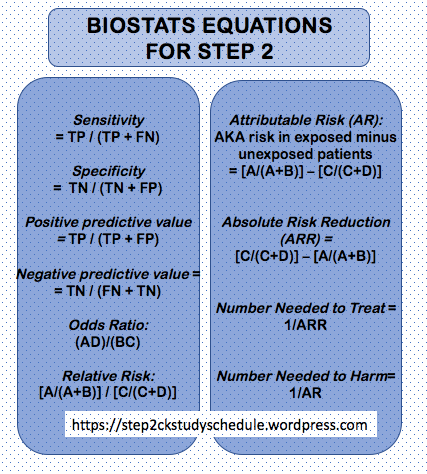


Biostatistics For Step 2 Step 2 Study Guide
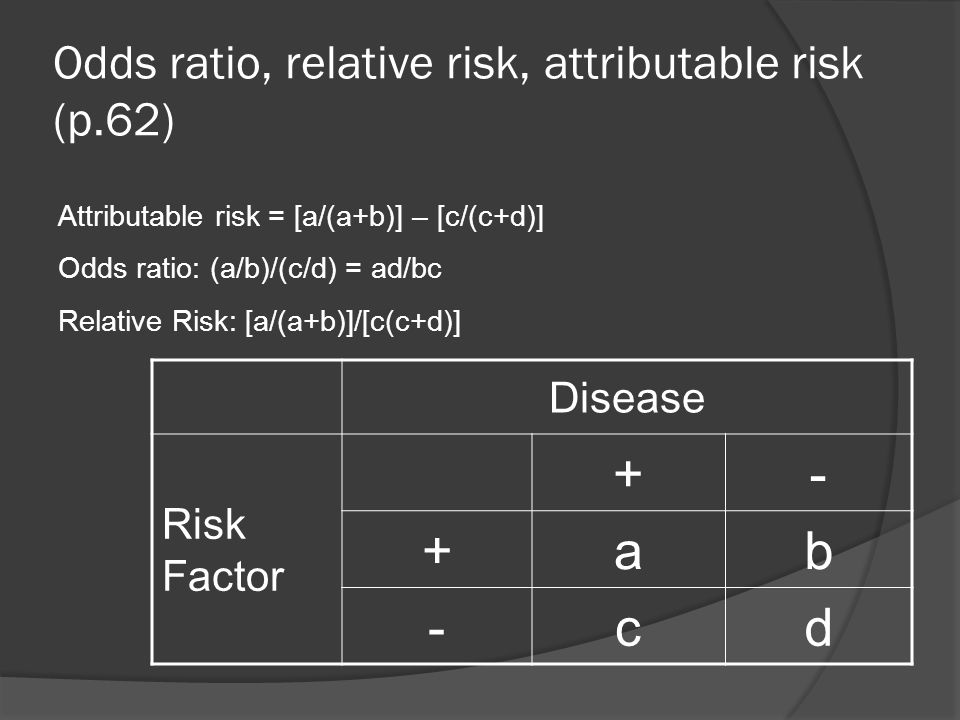


Week 7 Usmle Step 1 Review Biostatistics Behavioral Science And Nutrition Steven Katz Msiv Ppt Download
USMLE Step 1 Behavioral Sciences Epidemiology/Biostat FA 12 STUDY PLAY Casecontrol study, observational and retrospective if the 95% CI for odds ratio or relative risk includes 1, H0 is not rejected if CI between 2 groups overlap, then these groups are not significantly differentOdds ratios (OR) are commonly reported in the medical literature as the measure of association between exposure and outcome However, it is relative risk that people more intuitively understand as a measure of association Relative risk can be directly determined in a cohort study by calculating a risk ratio (RR)Both the odds ratio and the relative risk compare the relative likelihood of an event occurring between two groups The relative risk is easier to interpret and is consistent with general intuition Some designs, however, allow only for the calculation of the odds



Lecture3
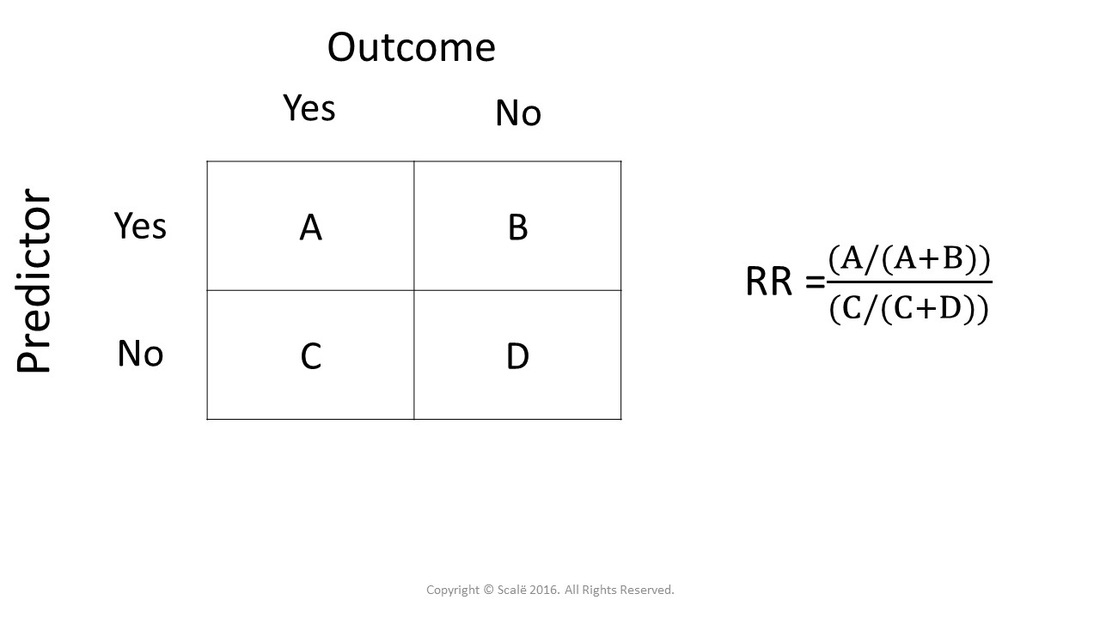


Calculate Relative Risk With 95 Confidence Intervals
9222 Measures of relative effect the risk ratio and odds ratio Measures of relative effect express the outcome in one group relative to that in the other The risk ratio (or relative risk) is the ratio of the risk of an event in the two groups, whereas the odds ratio is the ratio of the odds of an event (see Box 92a)For both measures a value of 1 indicates that the estimated effectsRather the odds is threefold greater Interpretation of an OR must be in terms of odds, notThe odds ratio supports clinical decisions by providing information on the odds of a particular outcome relative to the odds of another outcome In the endocarditis example, the risk (or odds) of dying if treated with the new drug is relative to the risk (odds) of dying if treated with the standard treatment antibiotic protocol
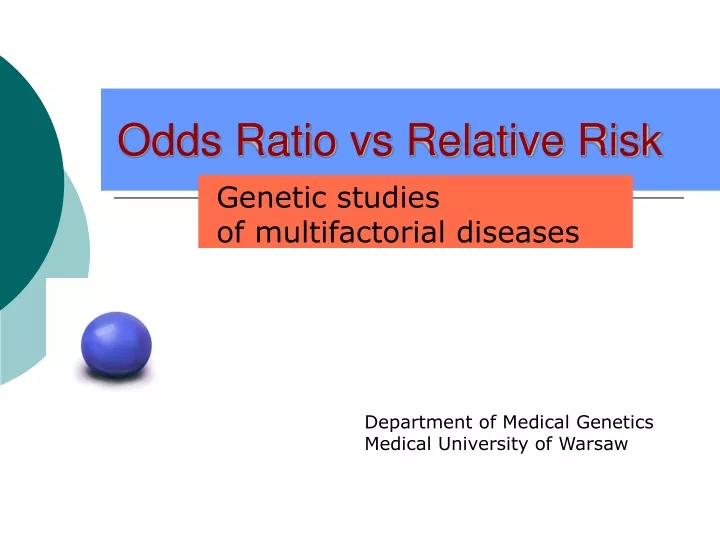


Which Is Better Odds Ratio Or Relative Risk



The Difference Between Relative Risk And Odds Ratios The Analysis Factor
For example, the magnitude of the positive effects of a drug on the study population Measures of effect size include absolute risk, relative risk, odds ratio and numbers needed to treat (NNT)Notice that the adjusted relative risk and adjusted odds ratio, 144 and 152, are not equal to the unadjusted or crude relative risk and odds ratio, 178 and 193 The adjustment for age produces estimates of the relative risk and odds ratio that are much closer to the stratumspecific estimates (the adjusted estimates are weighted averages ofOct 27, 17 · When the outcome of interest is relatively rare (
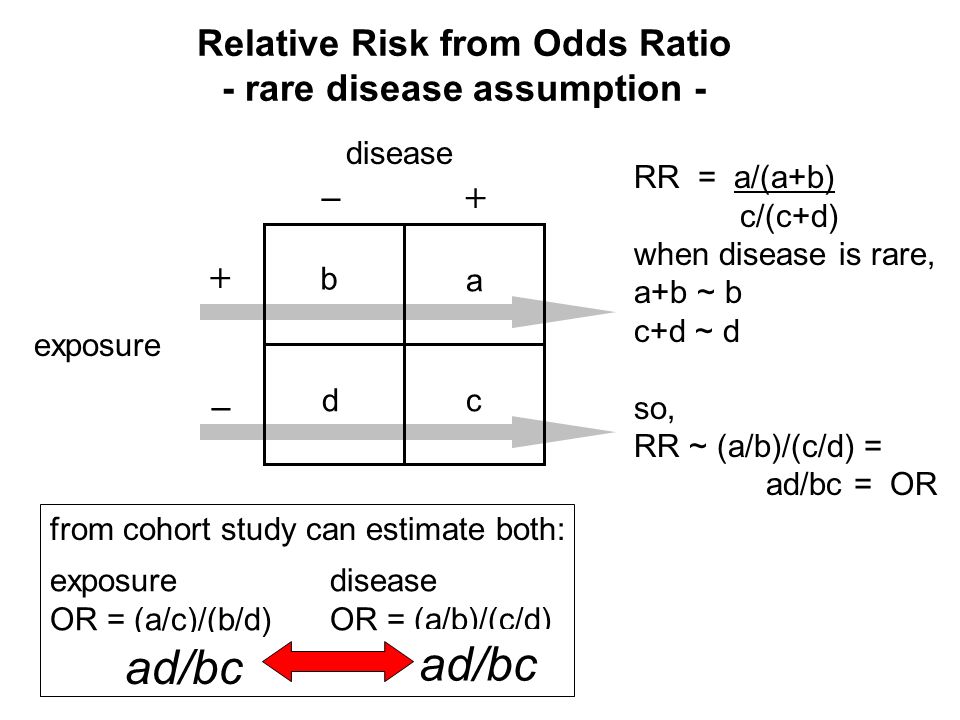


Basics Of Epidemiology Ppt Video Online Download



33 Epidemiology Ideas Cohort Study Case Control Study Study Design
The more common the disease, the larger is the gap between odds ratio and relative risk In our example above, p wine and p no_wine were 0009 and 0012 respectively, so the odds ratio was a good approximation of the relative risk OR = 0752 and RR = 0756 – Relative Risk and Odds Ratio 6 – pValue and Statistical Significance 6 – Prostaglandins, Leukotrienes & Bradykinin 6 – Positive & Negative Predictive Value 6 – Cohort Study Design 6 – Chronic Organ Transplant Rejection 6 – Antipsychotic Side Effects 5 – Type IV Hypersensitivity 5 – Type III Hypersensitivity 5Olly Tree Applications presents USMLE Biostatistics a unique, yet easy to use study tool for the USMLE It is completely free and comes with absolutely no



Calculate Relative Risk With 95 Confidence Intervals
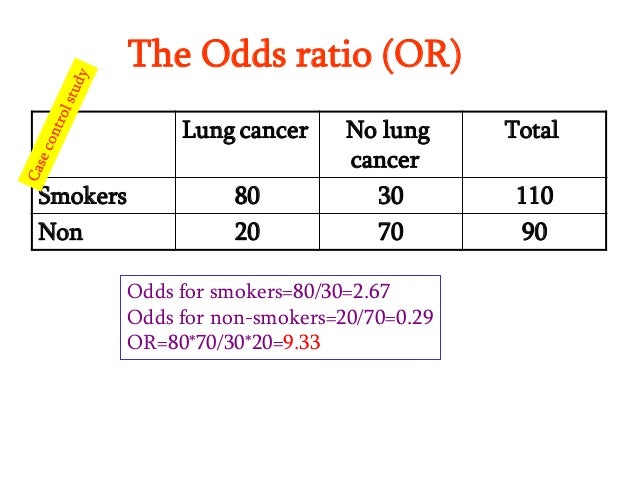


Estimating Risk
Twin concordance study (odds ratio 737;



Statistical Measures Stats Medbullets Step 1



Medsmarter Usmle Medsmarter Twitter
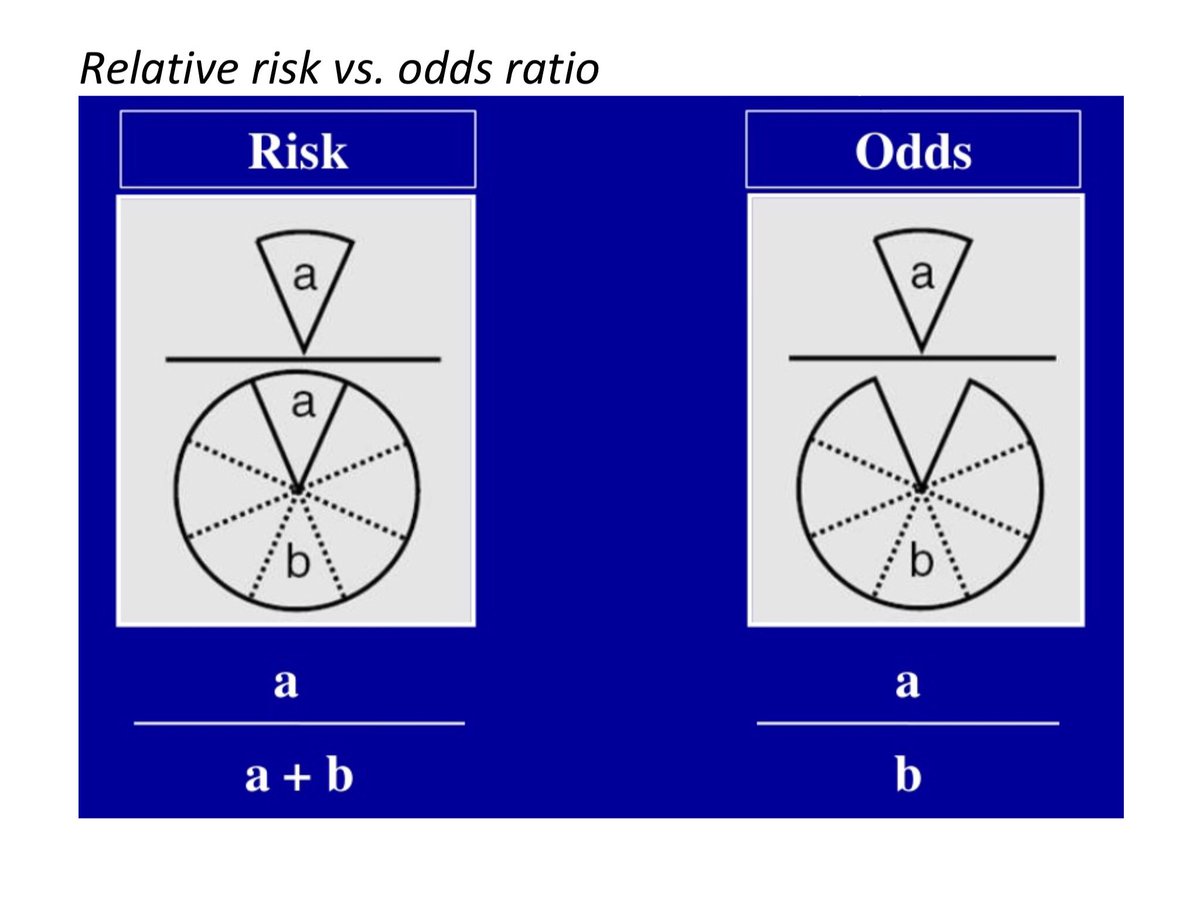


Bryan Carmody For M2s Preparing For Usmle Step 1 Epidemiology Questions Are Free Points You Don T Have To Make 2x2 Tables Or Memorize Formulae From First Aid To Calculate Or


25 Biostats Equations Usmle Forums



Relative Risk Http Www Slideshare Net Terryshaneyfelt7 What Does An Odds Ratio Or Relative Risk Mean Study Skills Research Methods Study Tips



How To Interpret And Use A Relative Risk And An Odds Ratio
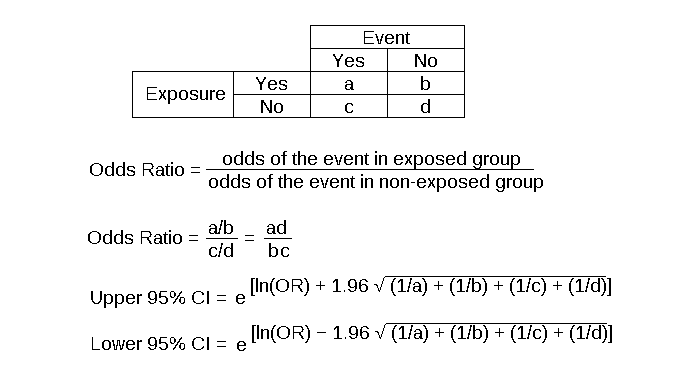


Odds Ratio Article
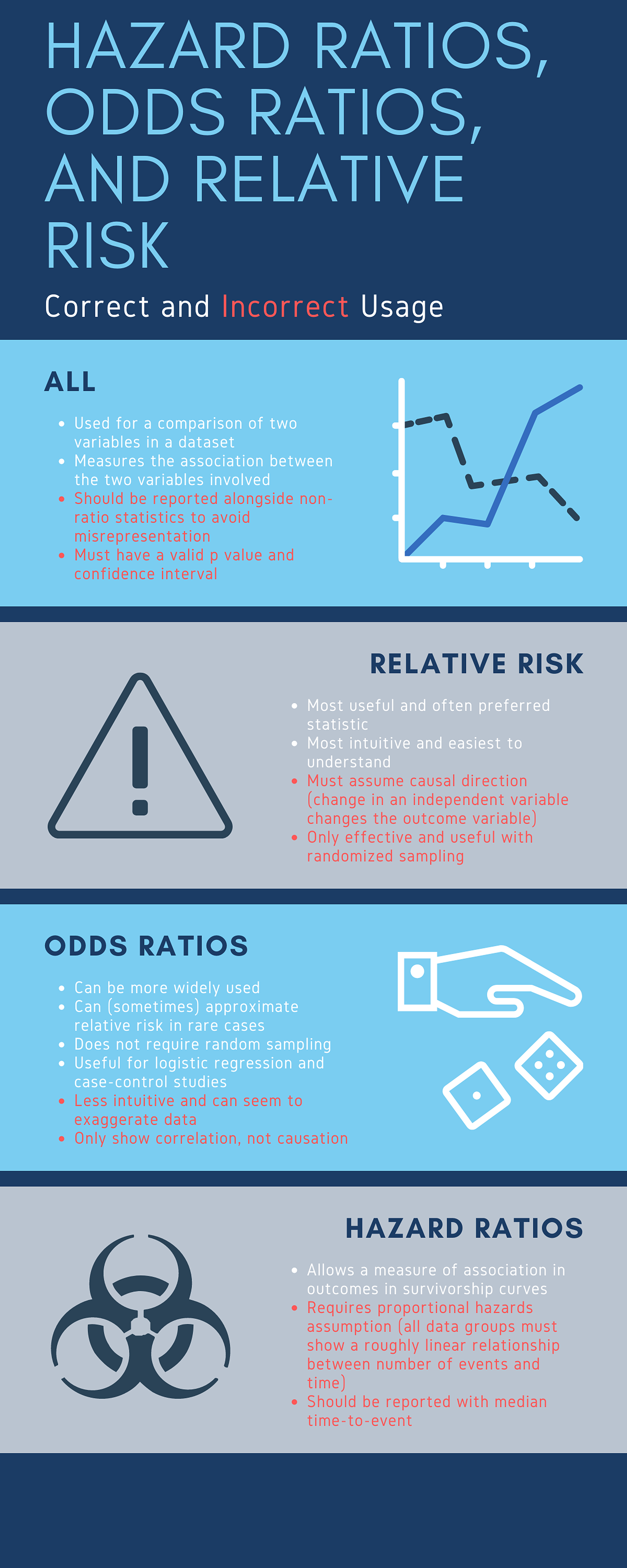


How To Explain Odds Ratio



Definition And Calculation Of Odds Ratio Relative Risk Stomp On Step1



Odds Ratio Osmosis



Risk Ratio Vs Relative Risk
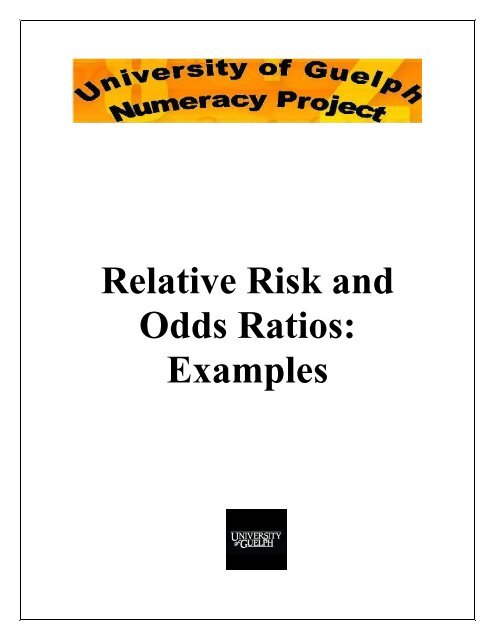


How To Calculate Odds Ratio From Relative Risk
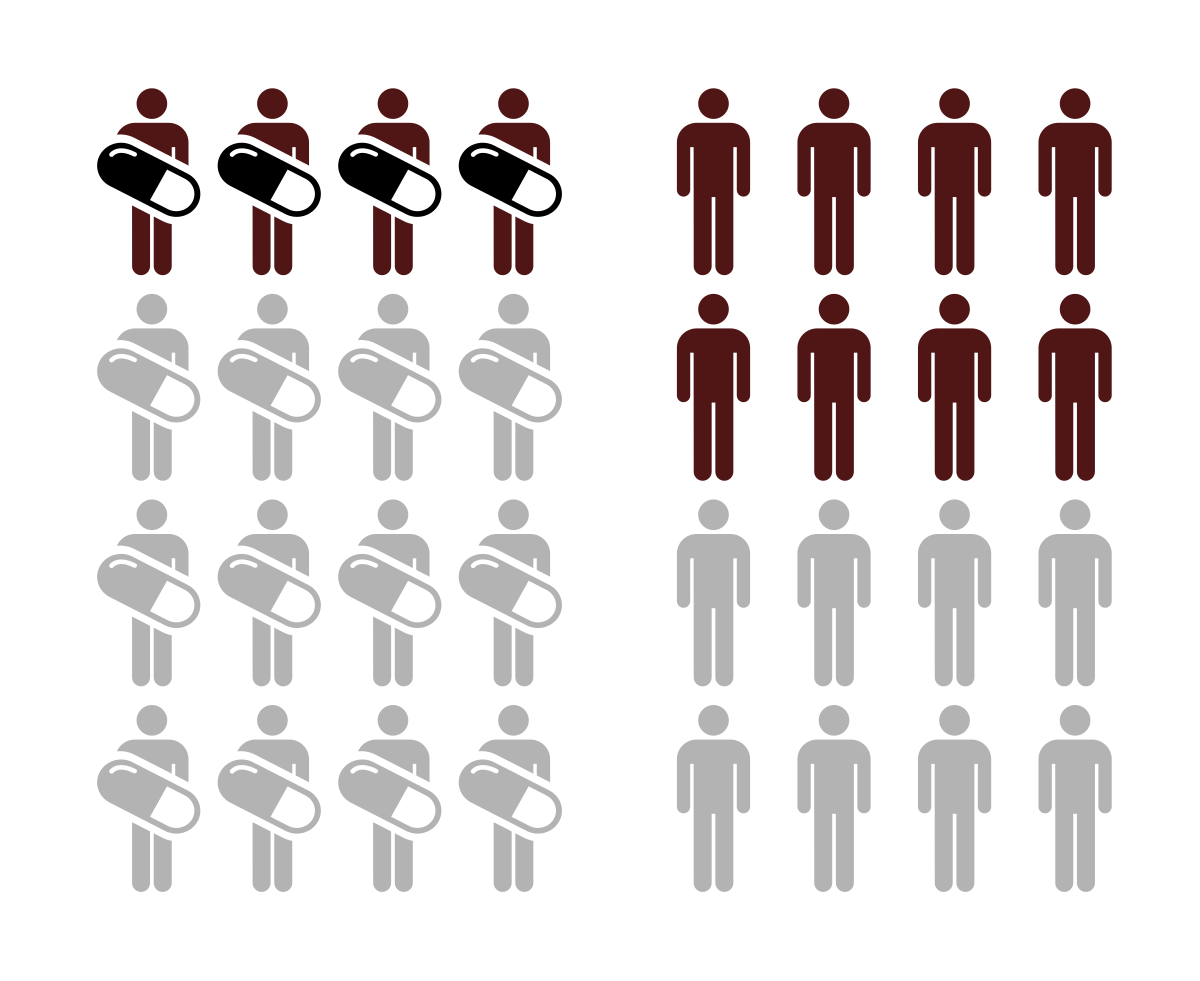


Relative Risk Reduction Wikipedia



Nutr304 Risk And Odds Ratio Flashcards Quizlet
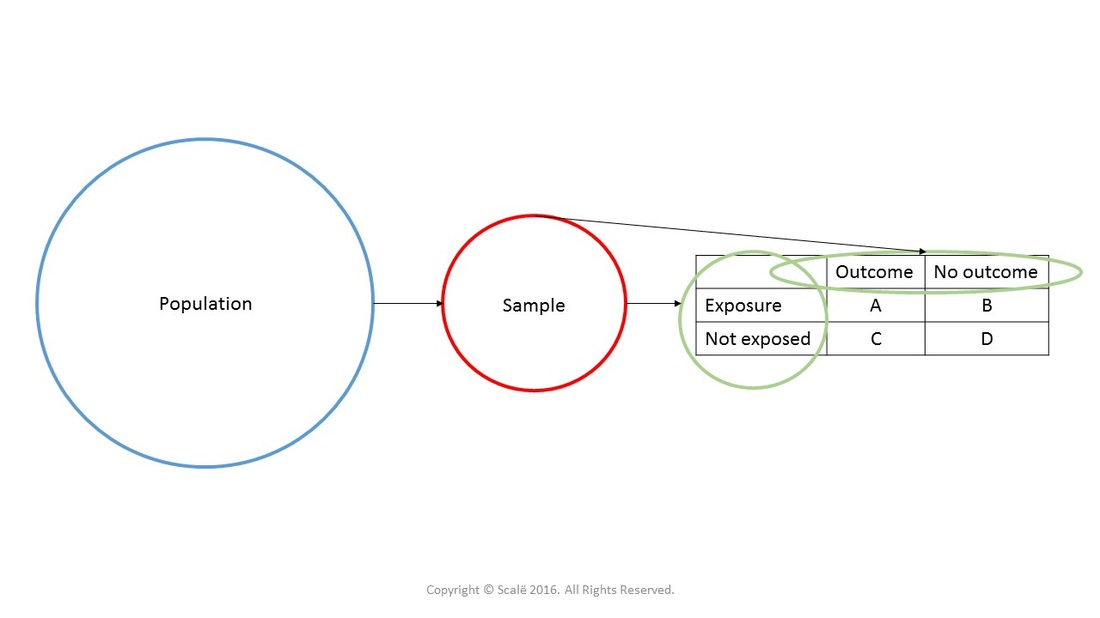


Calculate Relative Risk With 95 Confidence Intervals



Epidemiology Amboss



Attributable Risk And Odds Ratio Online Medical Library
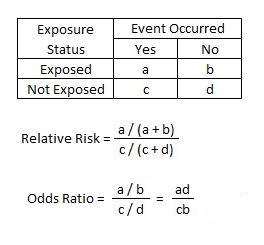


Relative Risk Article
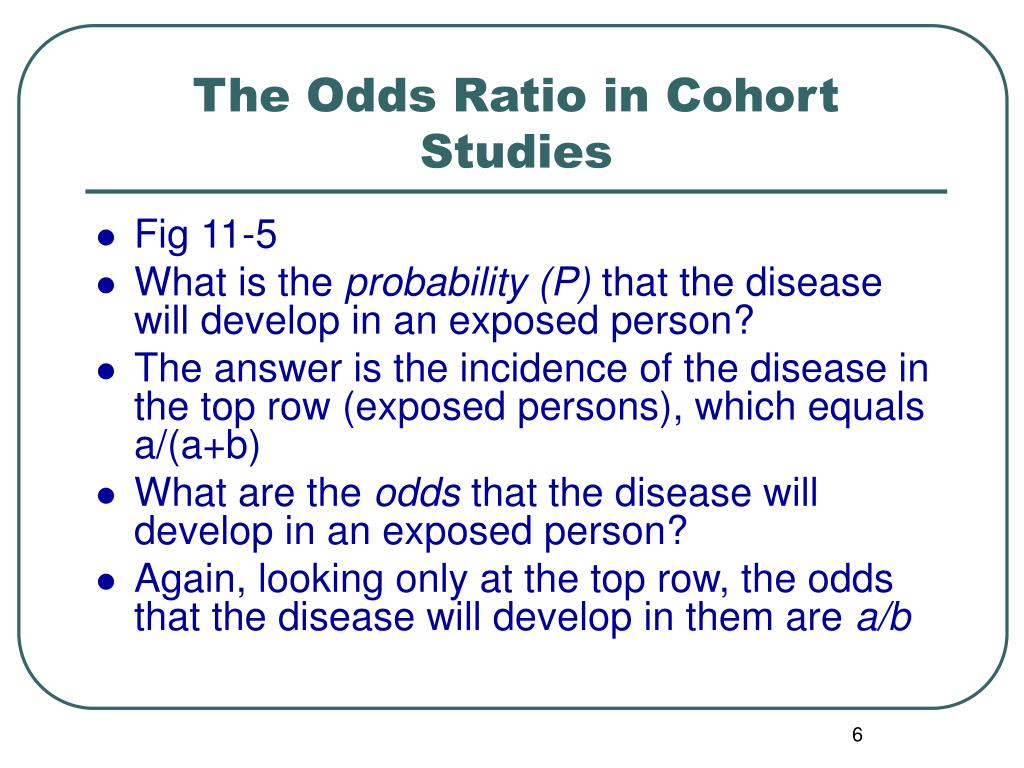


Ppt The Odds Ratio Relative Odds Powerpoint Presentation Free Download Id 6056
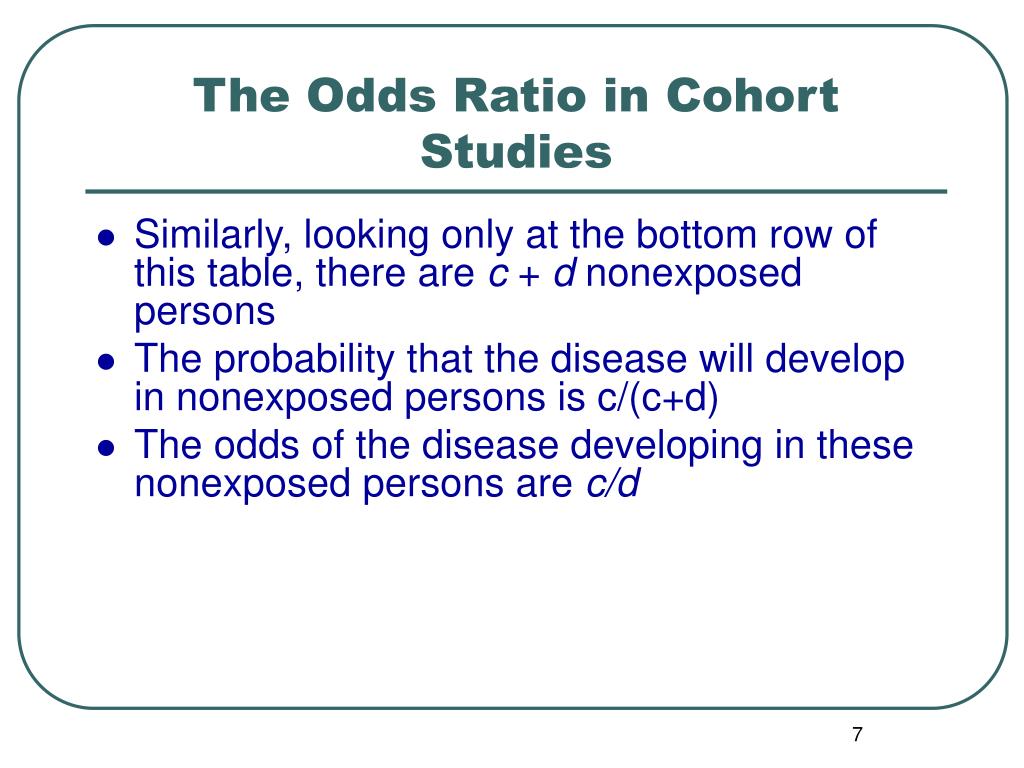


Ppt The Odds Ratio Relative Odds Powerpoint Presentation Free Download Id 6056



Attributable Risk And Odds Ratio Online Medical Library



Number Needed To Treat Absolute Risk Reduction Stomp On Step1
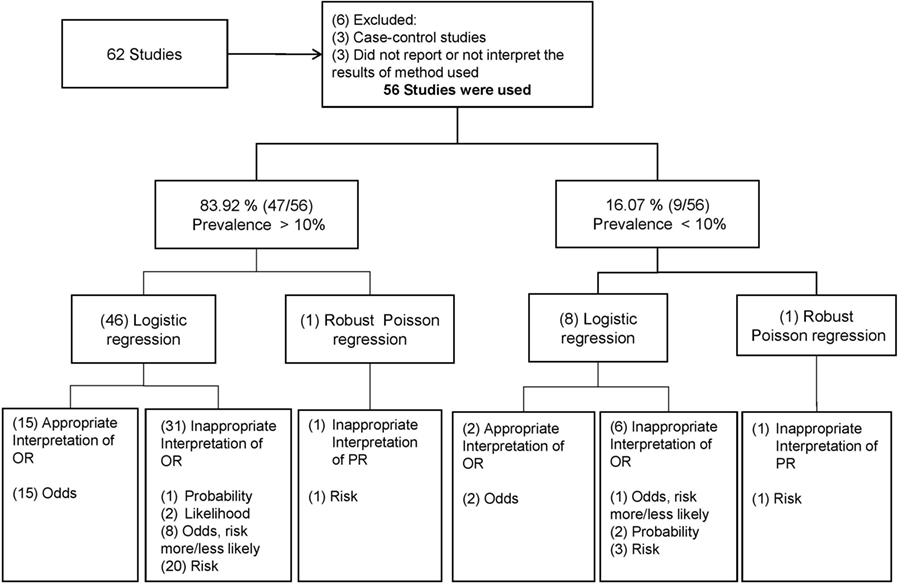


Frontiers Odds Ratio Or Prevalence Ratio An Overview Of Reported Statistical Methods And Appropriateness Of Interpretations In Cross Sectional Studies With Dichotomous Outcomes In Veterinary Medicine Veterinary Science



What Is The Difference Between The Risk Ratio Rr And The Odds Ratio Or Quora
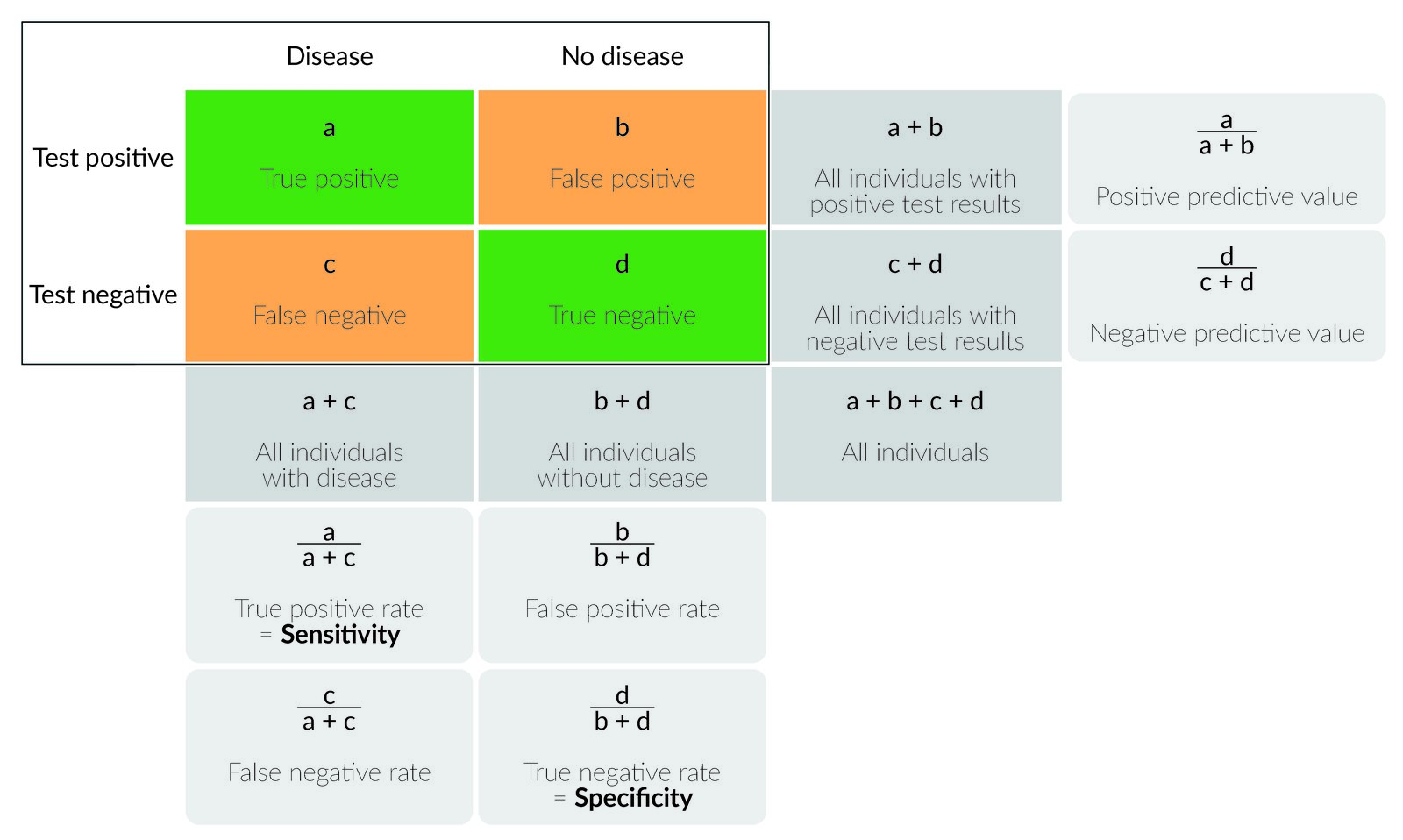


Epidemiology Amboss



Attributable Risk And Odds Ratio Online Medical Library
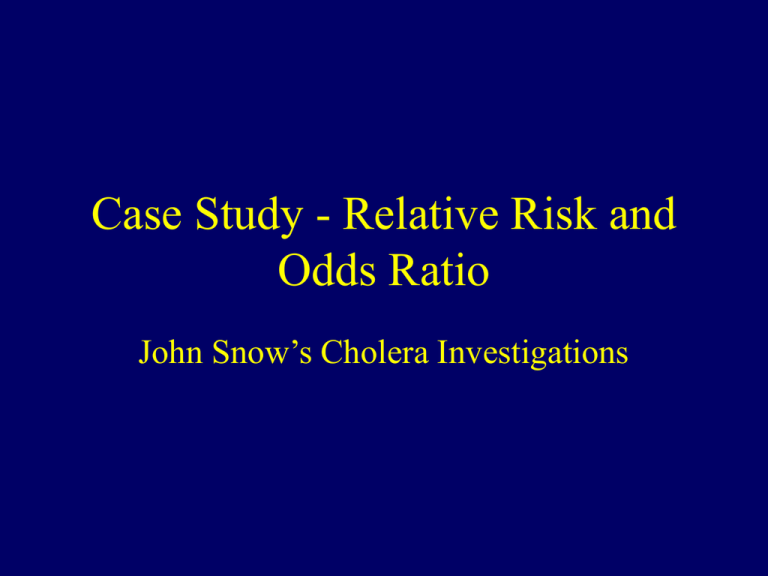


What Is Relative Risk And Odds Ratio



Usmle Epidemiology Biostats Public Health Medical



A Beginner S Guide To Interpreting Odds Ratios Confidence Intervals And P Values Students 4 Best Evidence



What Is Odds Ratio
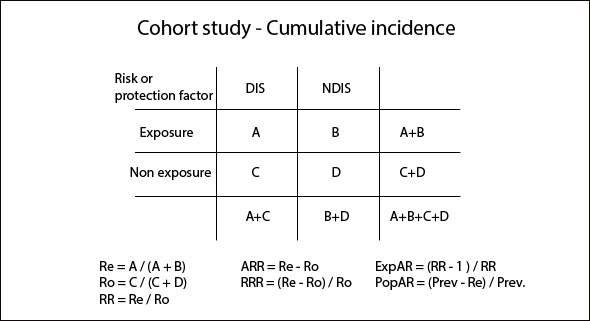


Study Types And Statistics Flashcards Memorang
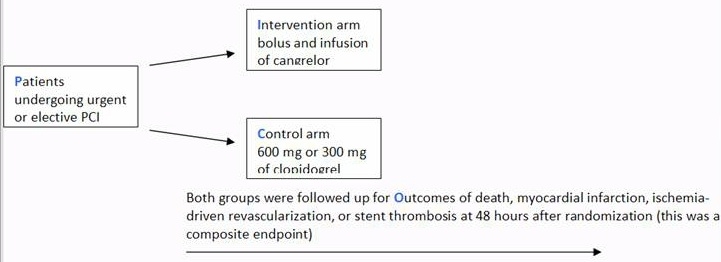


A Beginner S Guide To Interpreting Odds Ratios Confidence Intervals And P Values Students 4 Best Evidence



Hsrp 734 Advanced Statistical Methods June 5 08
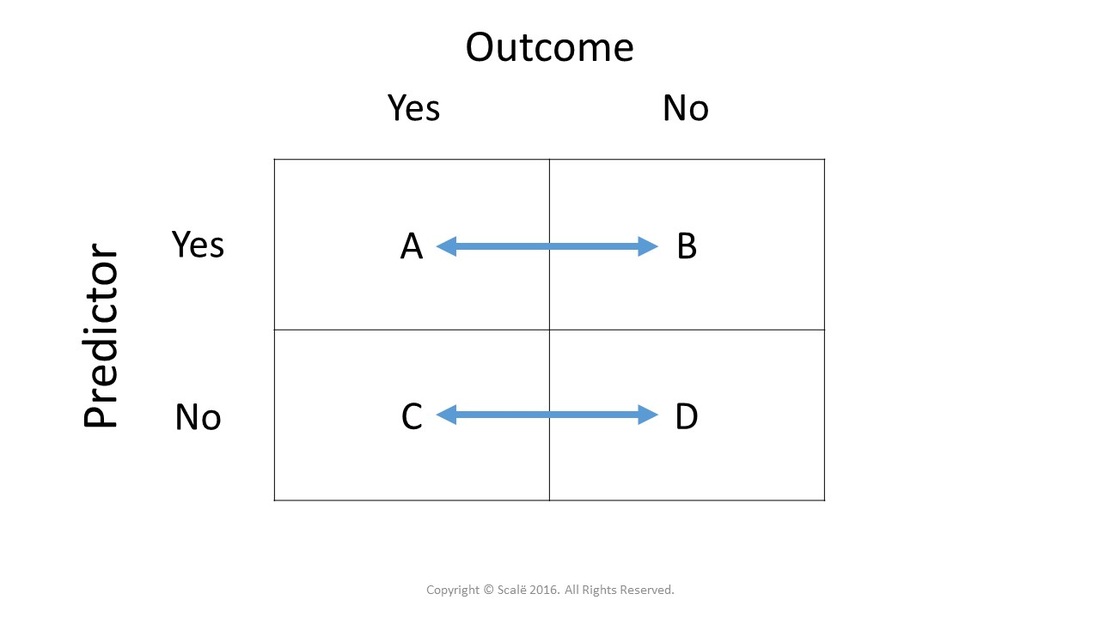


Calculate Relative Risk With 95 Confidence Intervals
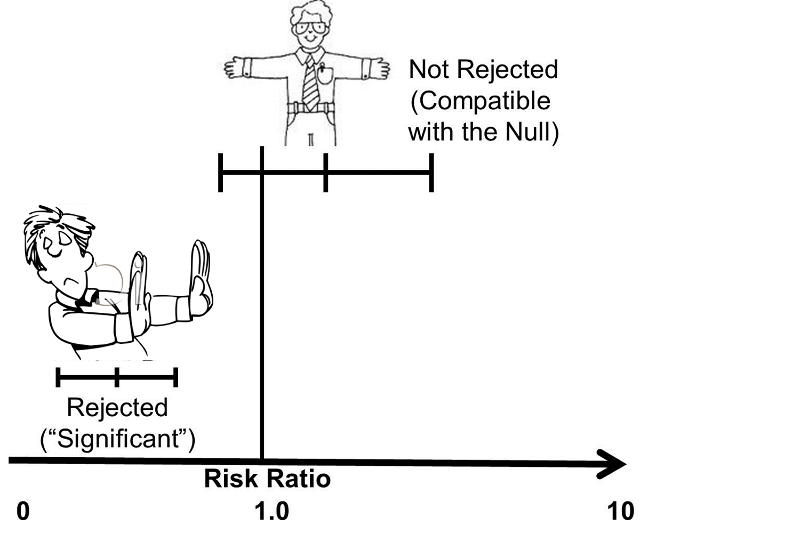


Confidence Intervals And P Values


Number Needed To Treat Absolute Risk Reduction Stomp On Step1



Epidemiology Amboss
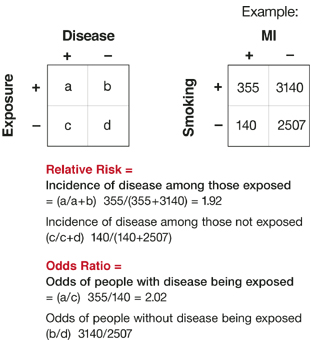


Relative Risks And Odds Ratios What S The Difference Mdedge Family Medicine
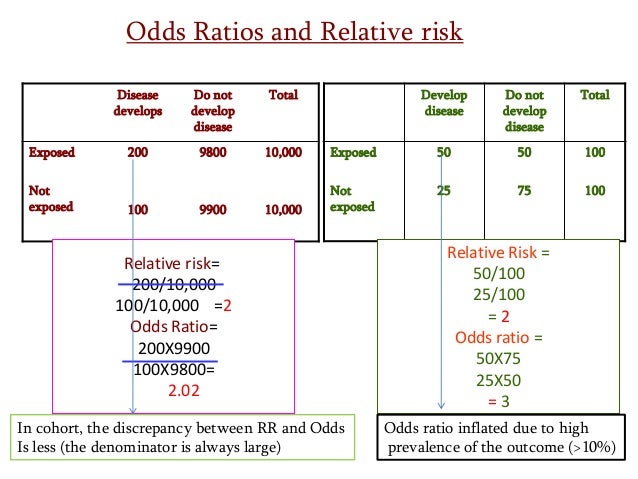


Estimating Risk



Relative Risk And Odds Ratio Usmle The Journey
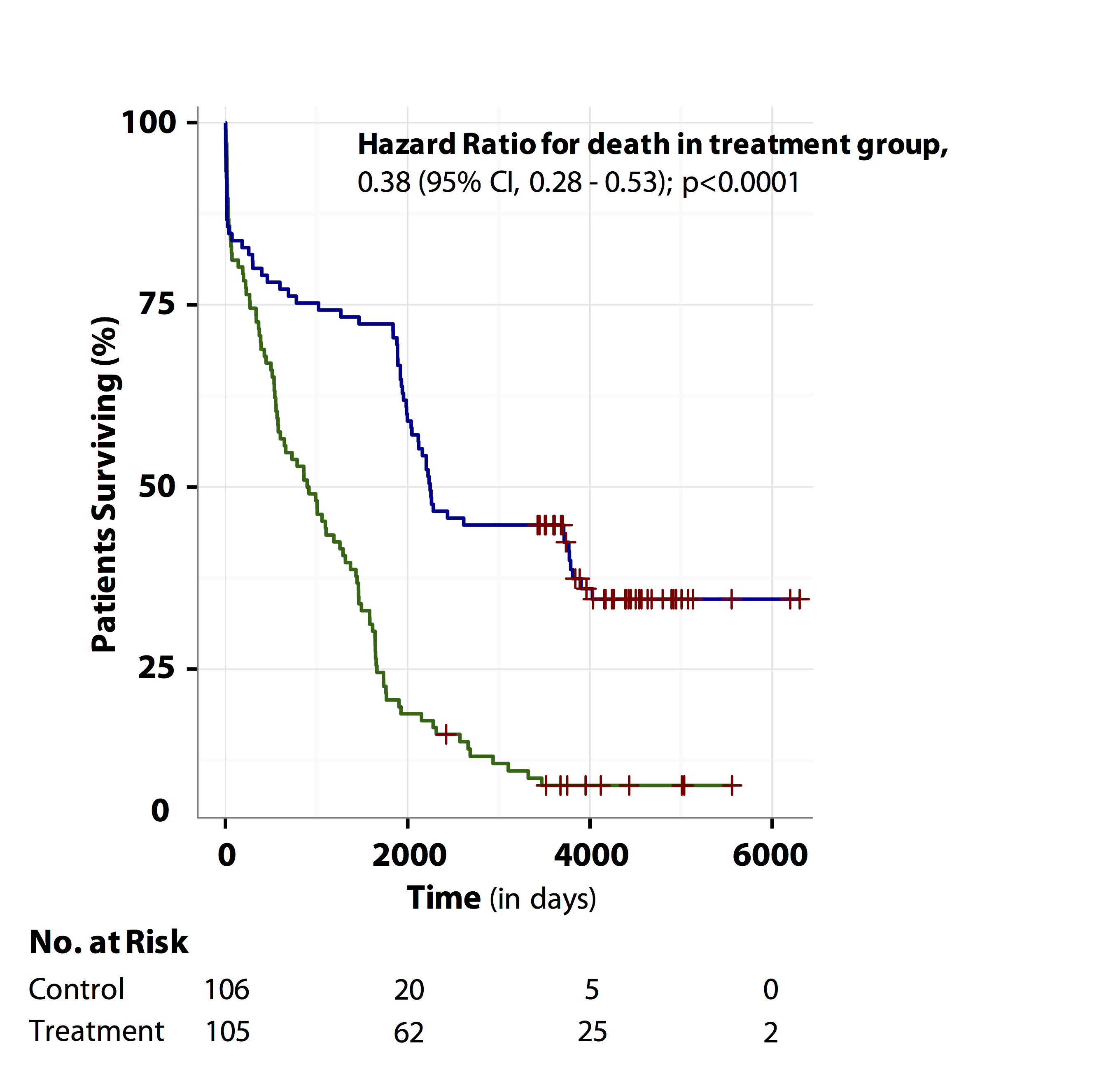


Tutorial About Hazard Ratios Students 4 Best Evidence
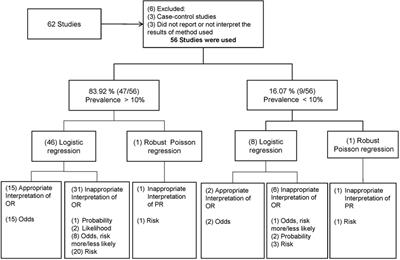


Frontiers Odds Ratio Or Prevalence Ratio An Overview Of Reported Statistical Methods And Appropriateness Of Interpretations In Cross Sectional Studies With Dichotomous Outcomes In Veterinary Medicine Veterinary Science



Statistical Measures Stats Medbullets Step 2 3



Odds Ratio Osmosis
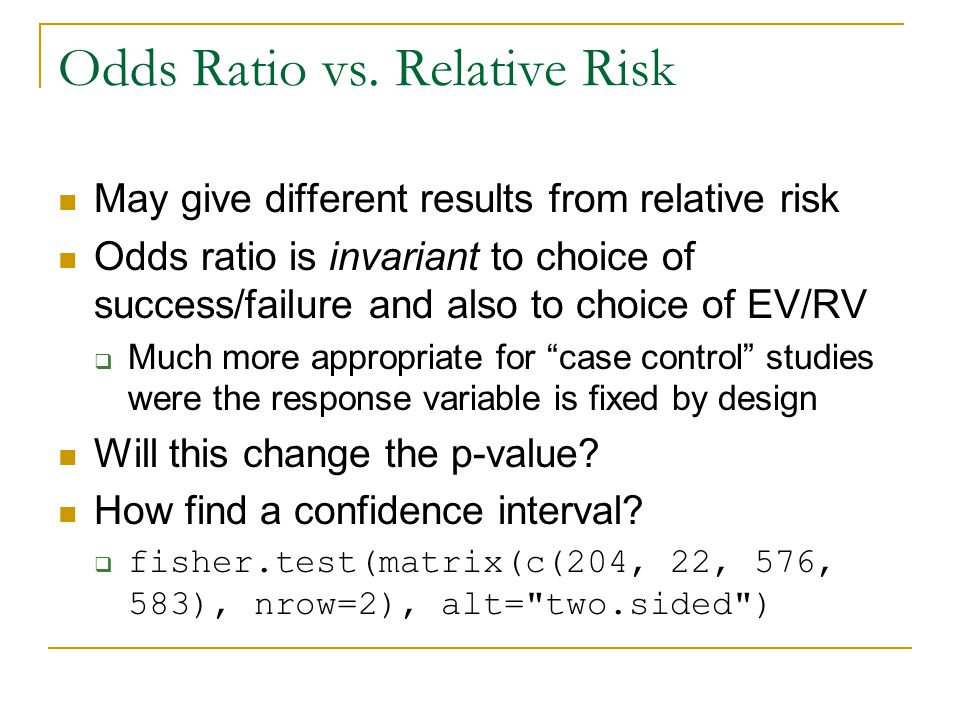


How To Interpret And Use A Relative Risk And An Odds Ratio



1 The Odds Ratio Relative Odds In A Case Control Study We Do Not Know The Incidence In The Exposed Population Or The Incidence In The Nonexposed Population Ppt Download



My Notes For Usmle



Using Odds Ratio In Case Control Studies Youtube



First Aid Epidemiology Biostatistics Flashcards Quizlet
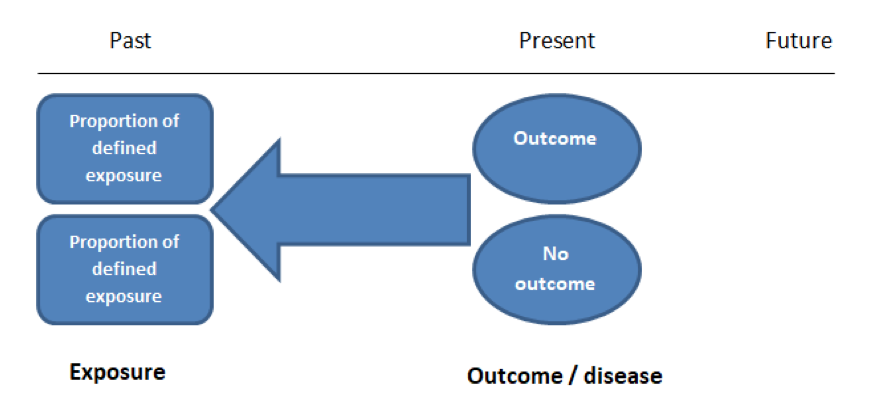


Case Control And Cohort Studies A Brief Overview Students 4 Best Evidence
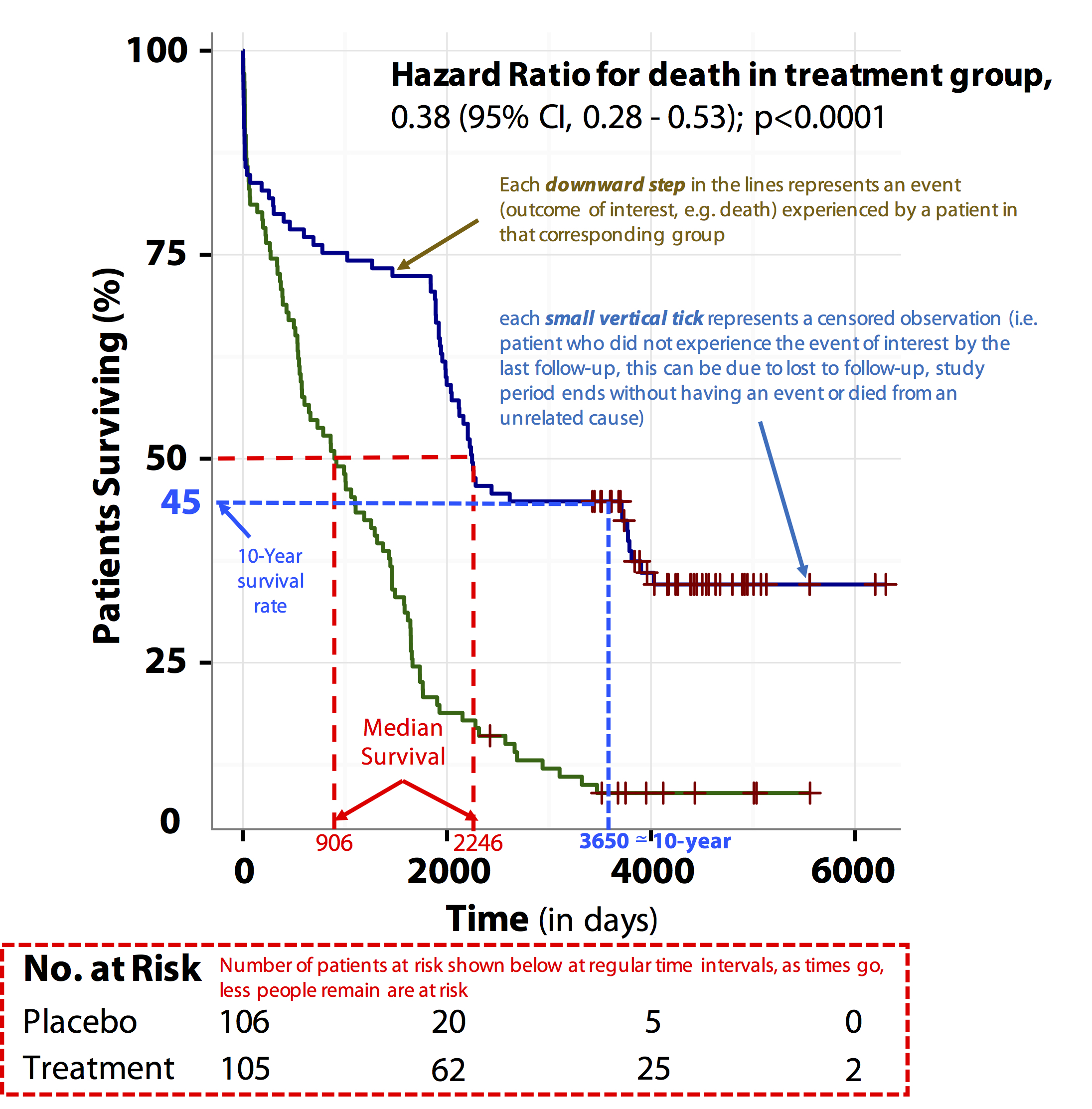


Tutorial About Hazard Ratios Students 4 Best Evidence
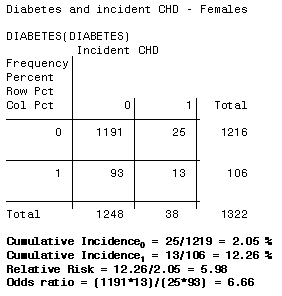


3 5 Bias Confounding And Effect Modification Stat 507



How To Interpret And Use A Relative Risk And An Odds Ratio



Odds Ratio Http Www Slideshare Net Terryshaneyfelt7 What Does An Odds Ratio Or Relative Risk Mean Research Methods Academic Research Statistics Math
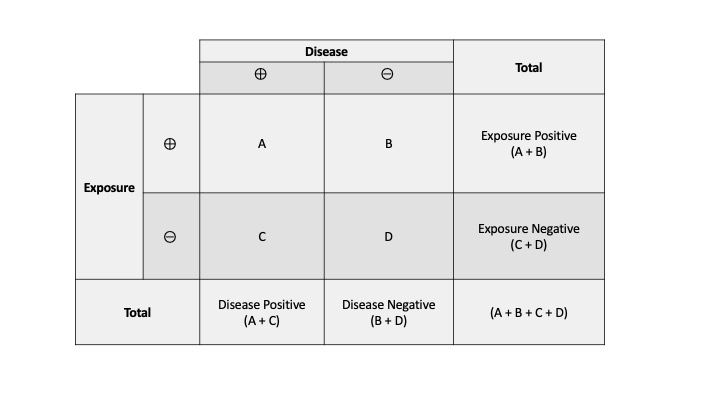


Measures Of Association Stats Medbullets Step 1
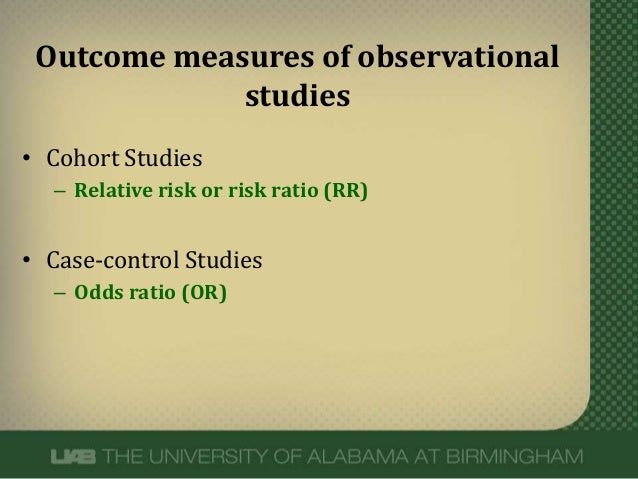


What Does An Odds Ratio Or Relative Risk Mean



Observational Studies The Ebm Project


Epidemiology Stepwards


How To Explain Odds Ratio



Definition And Calculation Of Odds Ratio Relative Risk Stomp On Step1



Usmle Epidemiology And Biostatistics Summary Meta Analysis Grepmed



Epidemiology Amboss
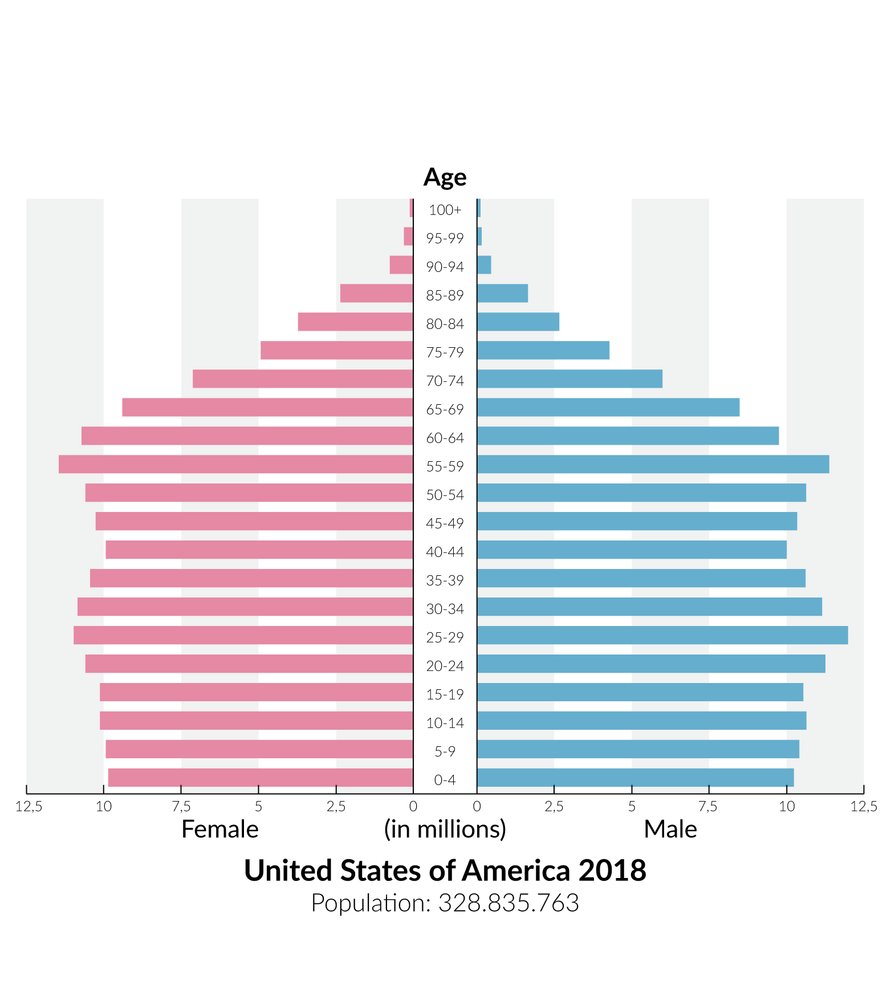


Epidemiology Amboss



Relative And Absolute Risk Osmosis
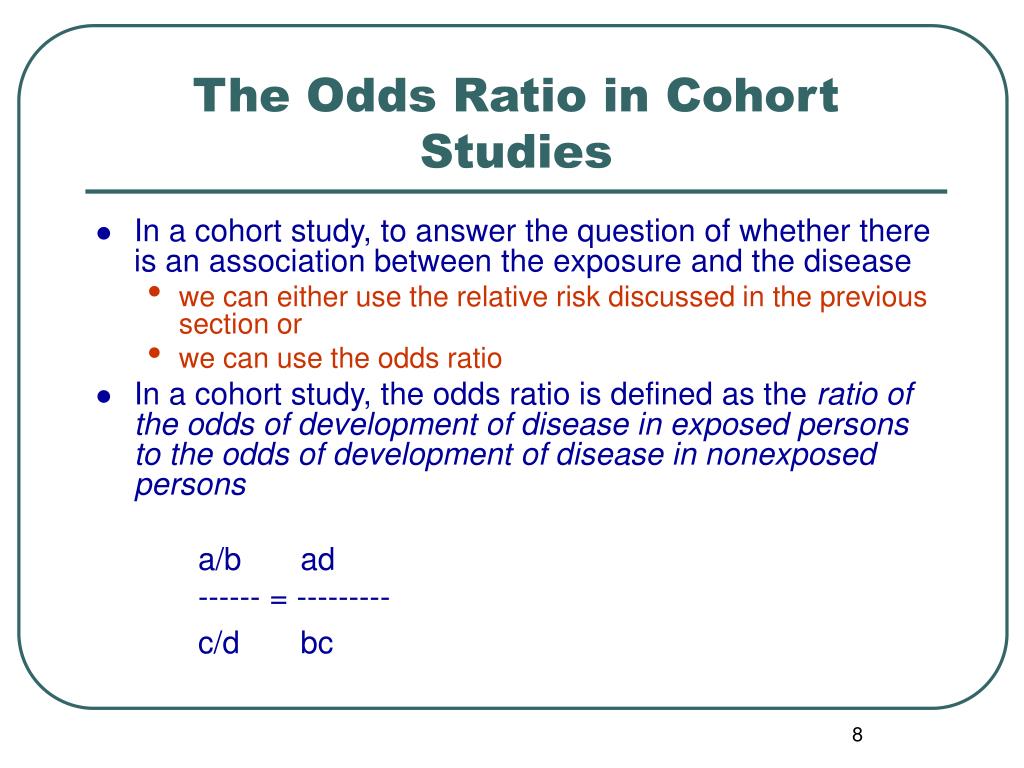


Ppt The Odds Ratio Relative Odds Powerpoint Presentation Free Download Id 6056
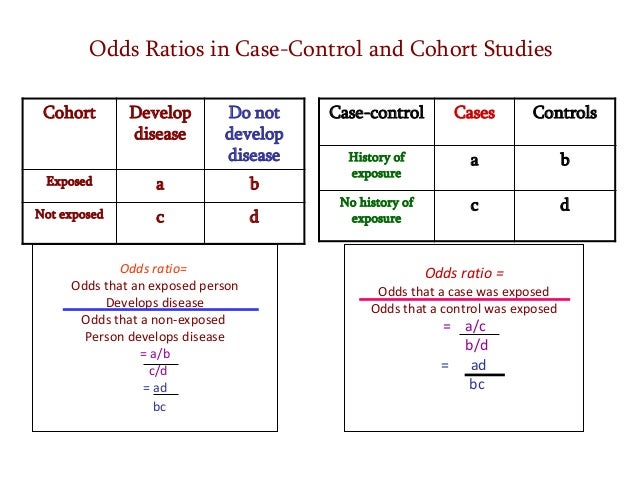


Estimating Risk



Uworld Biostats Flashcards Quizlet


Definition And Calculation Of Odds Ratio Relative Risk Stomp On Step1



Relative And Absolute Risk Osmosis



Odds Ratio Osmosis



My Notes For Usmle
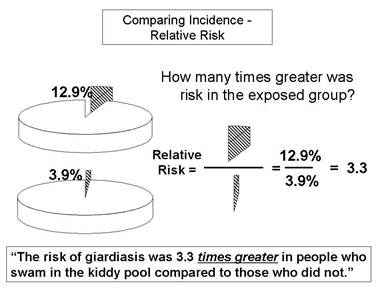


Relative Risk And Absolute Risk Definition And Examples Statistics How To



Main Points To Be Covered Measures Of Association In Case Control Studies Prevalent Controls Design Odds Ratio Vs Relative Risk And The Rare Disease Ppt Download
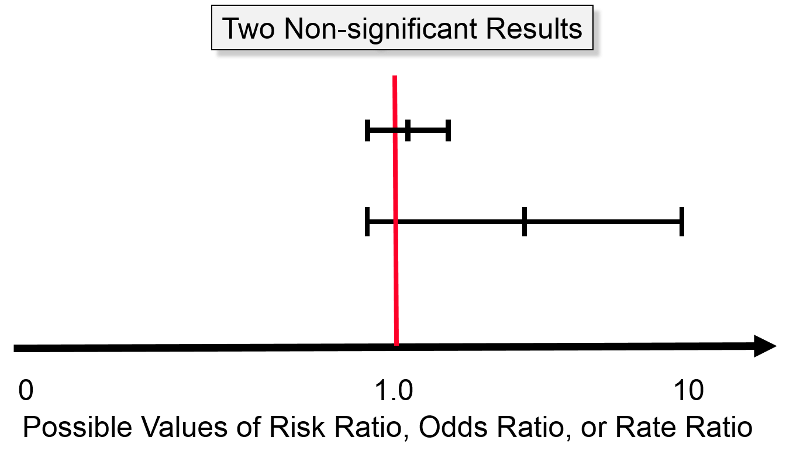


Confidence Intervals And P Values



0 件のコメント:
コメントを投稿